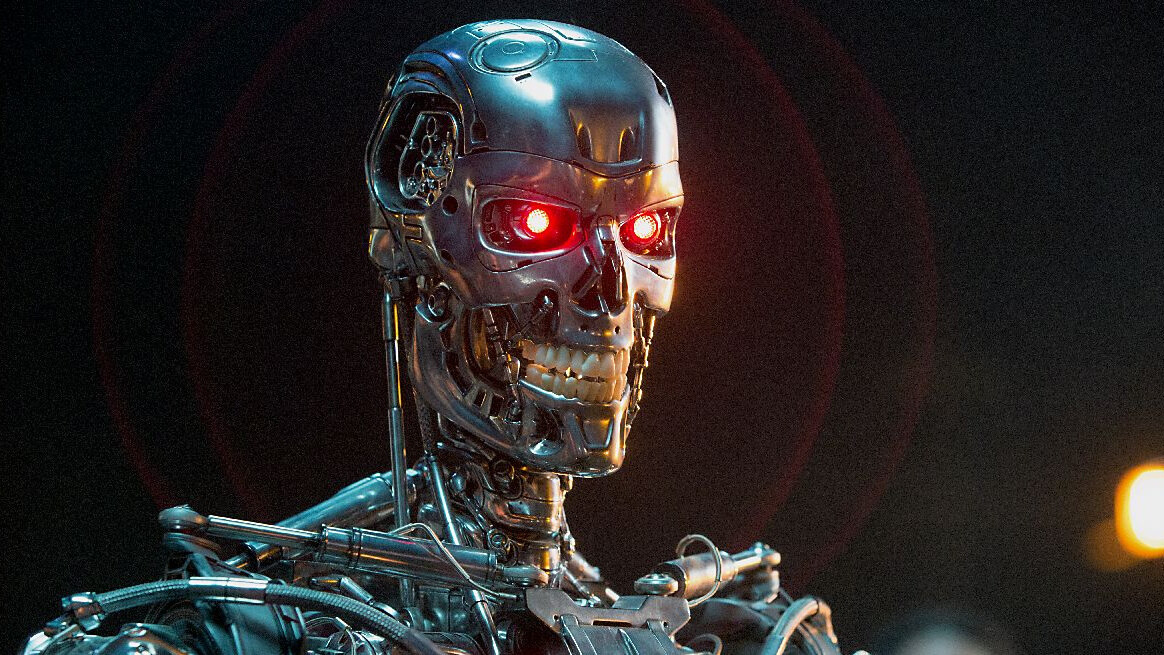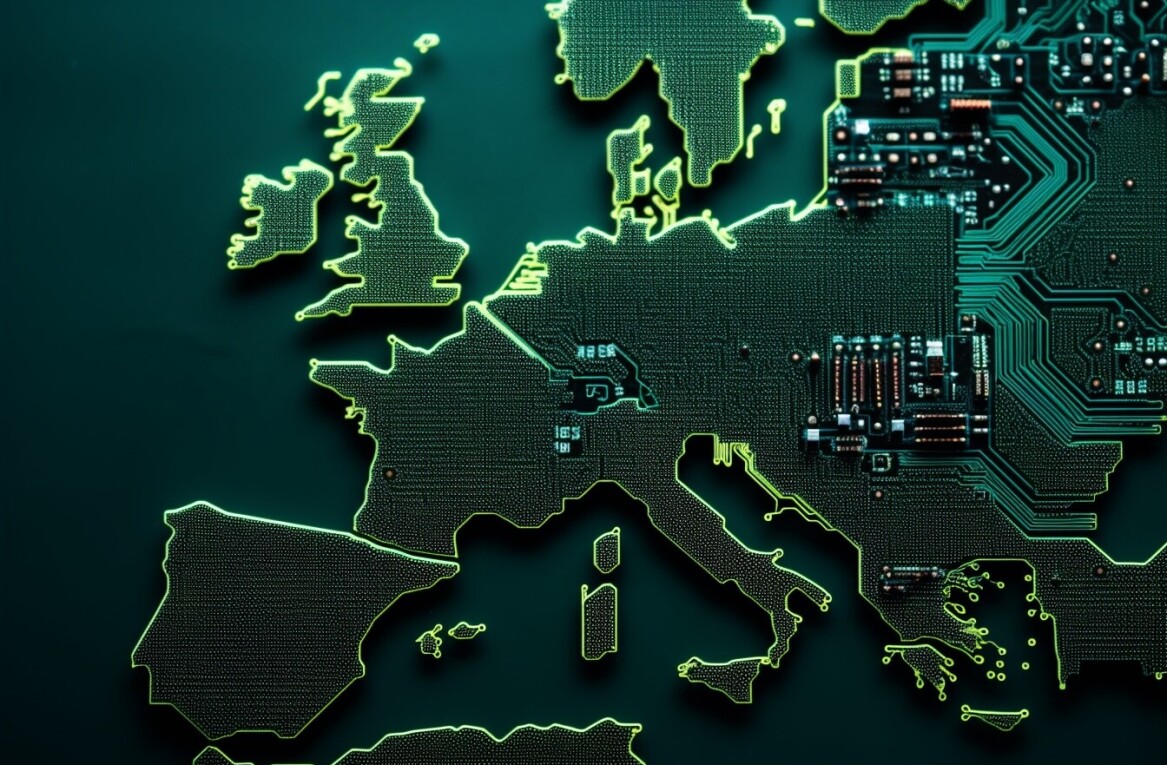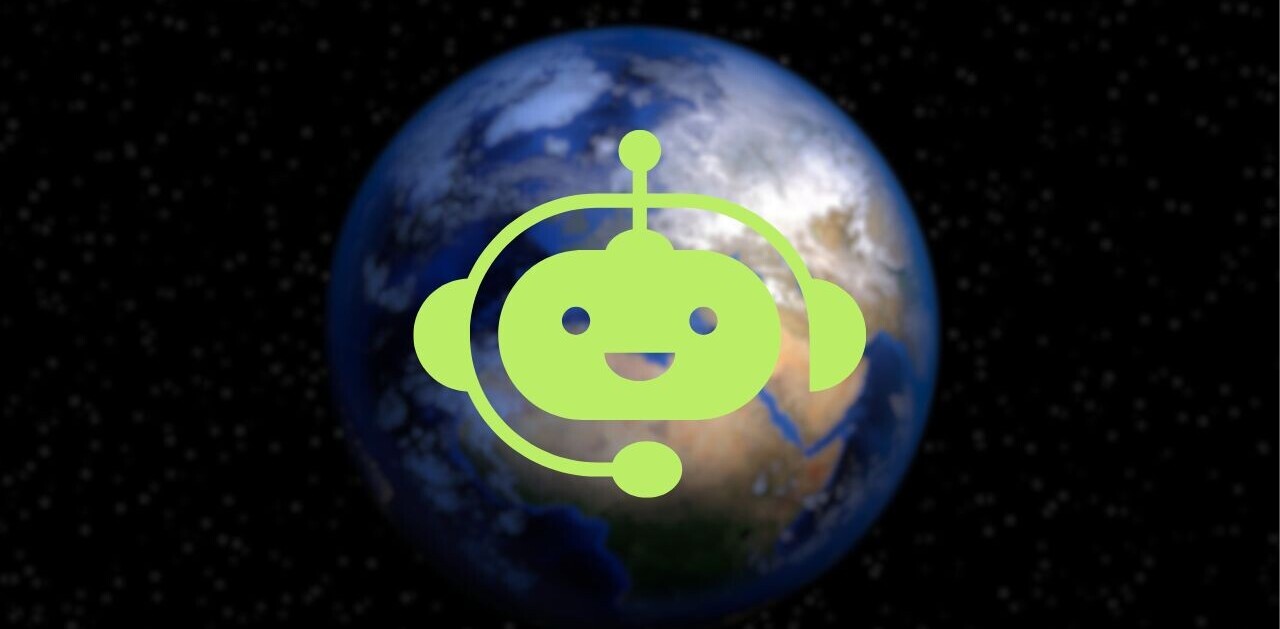
Though we’ve always assumed certain crafts will forever remain immune to automation, it seems nowadays nobody is safe from the looming artificial intelligence invasion.
While a few years back the prospect of robots snatching jobs from humans might have seemed like a hackneyed plot twist from a cheap science fiction flick, this scenario actually turned into reality for the staff of Japanese insurance firm Fukoku Mutual Life.
The BBC reports the company has made an executive decision to lay off more than 30 employees and replace them with an artificial intelligence system that can calculate insurance payouts. With this move, Fukoku Mutual estimates it will increase productivity by an impressive 30 percent.
To give you some more context, the firm additionally expects to save approximately in $1.2 million (or 140 million yen) in expenses by swapping out its human workers with AI.
The newly implemented system will be powered by IBM’s mighty supercomputer Watson, according to Japanese news outlet Mainichi. Fukoku Mutual will leverage the system to collect relevant information for policyholders’ payments by tasking the AI to read and interpret medical certificates as well as other health related data.
Fukoku is by no means the only company to entertain replacing humans with robots. Mainichi says at least three other Japanese insurance firms are mulling abandoning their employees in favor of computers.
Previous reports have already forecast the impending AI-powered automation cycle, with experts speculating human workforce will lose roughly seven million jobs to robots in the next five years.
While this transition is likely to have some unfavorable immediate repercussions for humans, chances are the move towards automation could actually pan out to be a good thing in the long run.
Given that the bulk of jobs suitable for automation will likely involve menial and repetitive administrative chores, the shift towards artificial intelligence could provide humans with more time to focus on driving positive innovation and developing new skills in previously underexplored areas.
Get the TNW newsletter
Get the most important tech news in your inbox each week.




